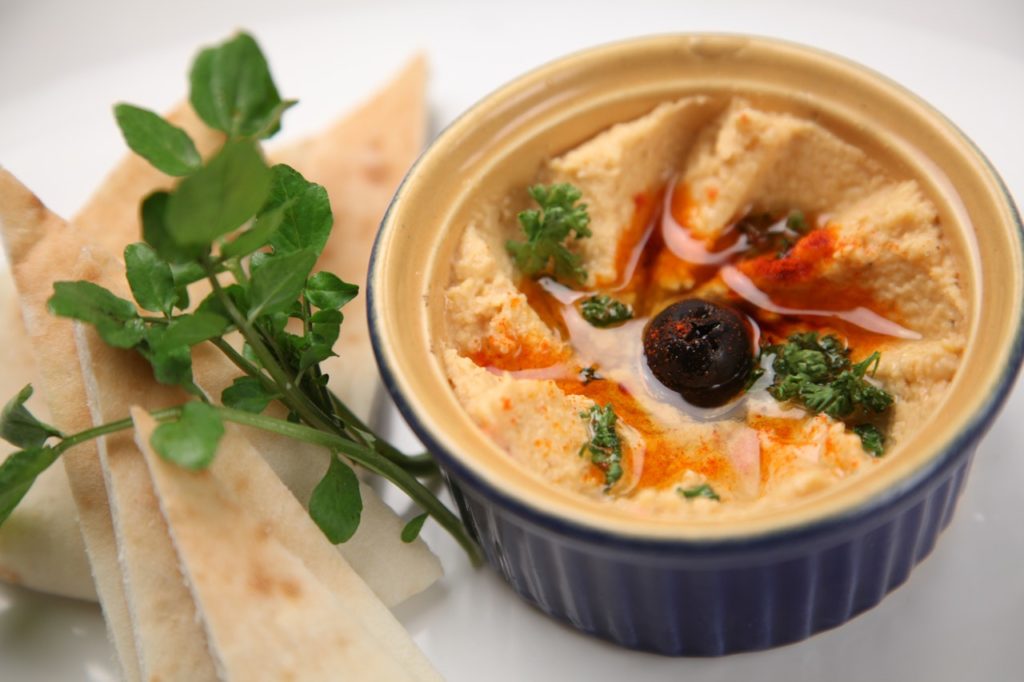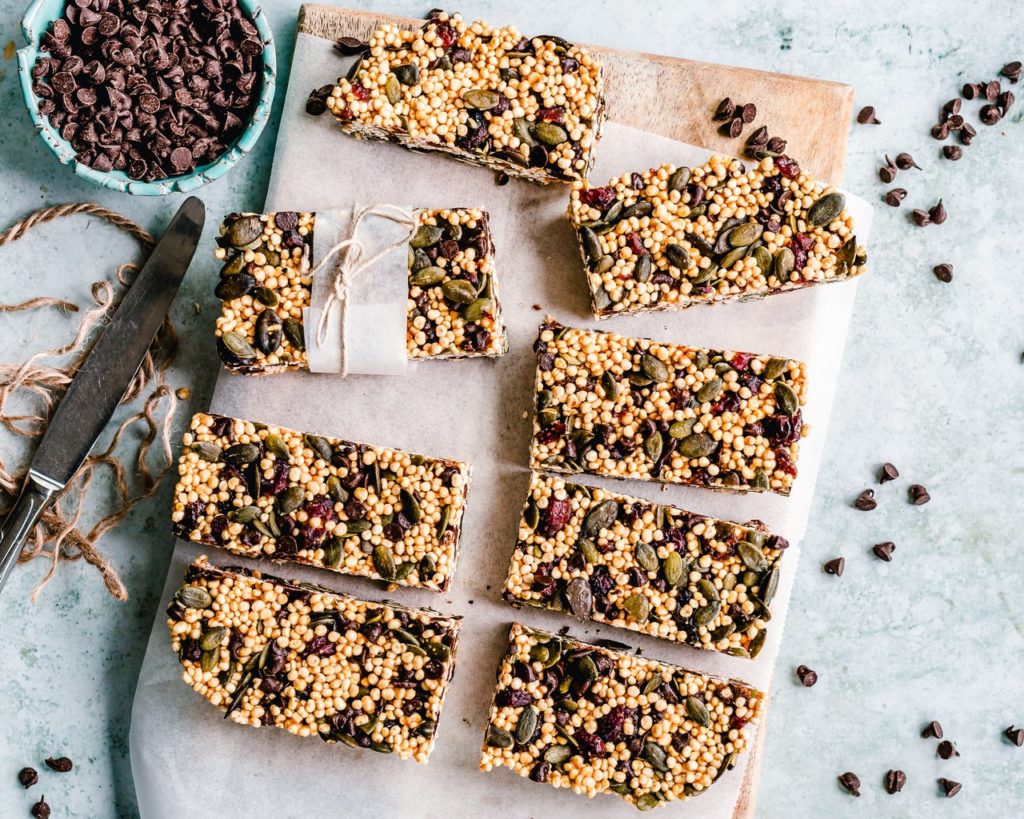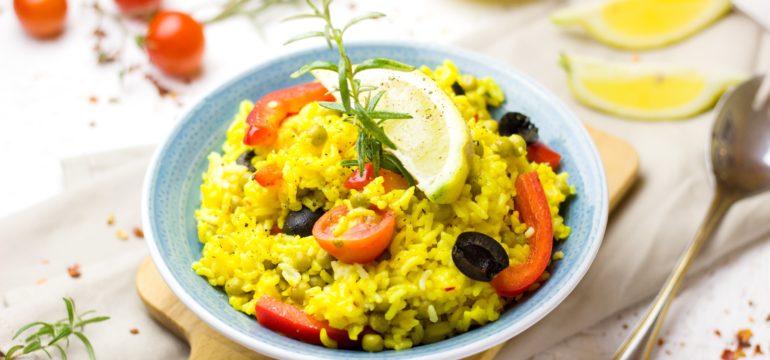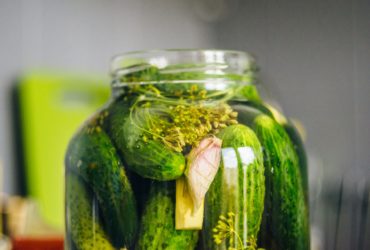By: Eileen Foerster
The most common questions I have received in the last eight years of my life, directly before eating, are as follows: Do you eat enough protein? Does it get boring eating salad for almost every meal? Don’t you miss bacon? Are you still able to go out to dinner with us and eat? Is being vegetarian even healthy?
And to these questions my answers can be summed up as followed: Yes, I eat enough high-quality protein on a daily basis. No, I don’t live off lettuce for every meal. Of course I eat Chipotle like the rest of us! And if you’re educated on the nutrition behind your diet, then its certainly possible (and highly likely) to be healthy and vegetarian.
Being a vegetarian since the mere age of 12 due to my lack of preference for meat, I have learned how to debunk the wide-variety of myths surrounding the consumption of a plant-based diet. Also, through taking multiple nutrition courses I’ve learned the many benefits surrounding a plant-based diet. And I would like to share my tips on how I stay (a healthy) vegetarian despite a 19 credit hour load, research outside of classes, extracurriculars, and the vast temptations of ordering take-out every night in college.
The primary concern I have consistently heard, from athletes and the average student alike, is concerned with potential health drawbacks of the types of protein they can consume on a daily basis. In nutrition, the term “complete” protein refers to the food being consumed containing all 9 of the essential amino acids humans cannot synthesize inside the body. These foods mostly consist of meat and dairy-based products.
However, the concept of “combining” proteins takes mostly plant-based foods that are high in some of the essential amino acids, and encourages you to consume it with another food that makes up for the remaining amino acids not in the first food. A few easy to prepare, common examples of “combined” protein meals are rice and beans, legumes and wheat, or bread and peanut butter. It’s not crucial you eat these combinations at every meal to be considered healthy, however consuming a variety of grains, vegetables, fruits, seeds, and nuts helps to prevent deficiencies and promotes the feeling of being full for longer.

Photo by Naim Benjelloun at Pexels
Another way I stay accountable of what and how much I eat in college, as tedious or daunting as it may seem, is meal prepping. Investing in Tupperware and dedicating a few hours on the weekend can be a surprisingly simple way for you to ensure you’re eating enough high-quality foods throughout the day. A few kitchen appliances I’ve invested in while in college are a blender, juicer, toaster, rice cooker, coffee machine, deep cooking pot, and microwave. Utilizing all or just a few of these options allows me to easily change up the foods I prepare, as well as make the process a lot cheaper than if I were to buy my coffee every day from Starbucks (which can amount to $5 per day!) or take a trip to Smoothie King for a large smoothie.
Some meal prep ideas that I’ve done in the past year are healthier stir fry (with a variety of vegetables, rice, and tofu), curry (filled with a variety of legumes, vegetables, coconut milk, and spices), roasted vegetables (combined with faro, rice, couscous or quinoa), and overnight oats (oats, plant-based milk, fruit, nut butter, and chia seeds). I have found that prepping 2 out of my 3 meals for the day has allowed meal prep to be convenient, but allow for flexibility throughout the day. It gives me the freedom to have those spontaneous pizza slices with a friend on a Friday night or that delicious donut on a Saturday morning at a local cafe.
I also try to have snacks in my backpack with me everywhere I go to avoid the 3pm slump or the 5pm “hanger” in the middle of food chemistry lab. By packing a wide variety ranging from RX Bars, Hippeas, trail mix, Larabars, carrots and hummus, and fruit with nut butter, I look forward to eating them and genuinely feel energized for the rest of the afternoon.

Photo by Ella Olsson at Pexels
It also prevents you from spending way too much money for a small snack you could have prepared yourself for a fraction of the price, or going to a cheap fast food place and later regretting your food choices when your stomach hurts in two hours. The key to being consistent in your goals to eat healthier and have more energy is moderation, variety, and time-management. Try to make recipes that are relatively fast and easy, but also step outside your comfort zone and make a lunch you’ve never attempted to make.
And understand that eating healthy is a priority, but not a strict plan that doesn’t allow for flexibility and enjoyment along the way.
Did you enjoy this article about being a vegetarian in college? Come check out our Instagram and Facebook to get plugged into more food science articles!

Eileen Foerster | Linkedin
Eileen is an undergraduate at the University of Illinois in Urbana-Champaign, with an interest in food product development. She is the recipient of the Moroz Learning Assistantship for the 2019-2020 school year, and is currently developing a food product in the pilot plant with the end goal of being implemented in her school’s dining services. Outside of the classroom, she can most likely be seen leading the Association of Food Technologists Club, at a group workout class, or baking away the stress of a busy school week. She also likes to explore new coffee shops around the area, and loves going to farmer’s markets during the warmer months.






Thanks for sharing this content. Some of the I’ve already heard.